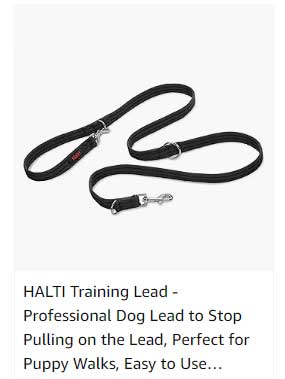Transitioning your dog to a vegetarian diet can have several health benefits, but it is important to ensure that the diet is nutritionally balanced, which includes supplementing with Vitamin D.
Dogs, like humans, can thrive on a well-planned vegetarian diet.
However, the key lies in the phrase ‘well-planned.’ A dog’s nutritional requirements can be complex, and it’s essential to ensure that your furry friend gets all the nutrients it needs, especially Vitamin D.
Unlike humans, dogs cannot produce Vitamin D from sunlight and rely heavily on their diet for this essential nutrient.
VEGETARIAN DOG DIET
A well-balanced vegetarian diet for dogs can lead to multiple health benefits.
It could potentially lead to a healthier coat, weight loss, and increased overall lifespan.
Many commercial dog foods contain meat by-products and fillers, which can lead to obesity and other health problems. A vegetarian diet, on the other hand, is often high in good-quality, easily digestible proteins, as well as being rich in essential vitamins and minerals.
VITAMIN D SUPPLEMENTS
There are some potential pitfalls to be aware of when it comes to a vegetarian diet for dogs.
The most common issue is a lack of specific nutrients, particularly Vitamin D.
This vitamin plays a crucial role in bone formation and mineral regulation in your dog’s body.
If your dog is not getting enough Vitamin D, they might face issues like bone deformities, poor bone growth, and even rickets. For this reason, it’s vital to supplement a dog’s vegetarian diet with Vitamin D.
DOG FOOD CHOICES
Several dog food brands on the market offer vegetarian and vegan options that are fortified with the necessary vitamins and minerals.
If you’re considering making your own dog food at home, you should consult with a veterinarian or pet nutritionist to ensure the diet meets all of your dog’s nutritional needs.
They can guide you on the appropriate supplements to include along with the right portion sizes for your dog’s age, weight, and activity level.
IN CONCLUSION
A vegetarian diet for dogs, when carefully planned and supplemented, can offer great health benefits.
Nevertheless, it is not a decision to be taken lightly. It requires careful consideration and consultation with a veterinarian to ensure that all nutritional needs are met.
Remember, every dog is different, and what works for one may not work for another.
Regular check-ups with your veterinarian are essential to monitor your dog’s health and adjust their diet as necessary.
Always prioritize the health and happiness of your pet over dietary preferences or trends.












